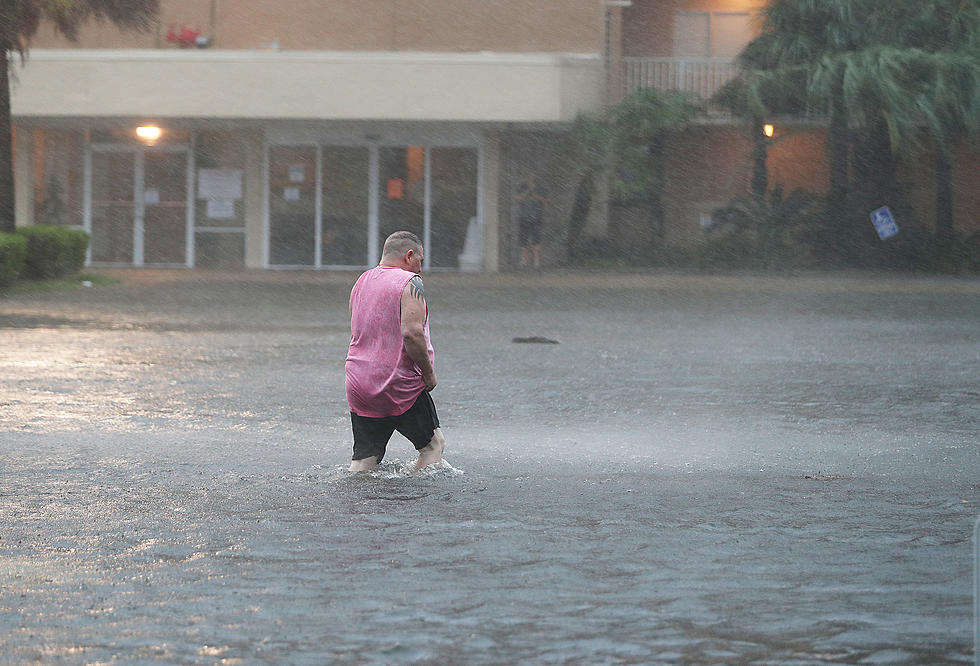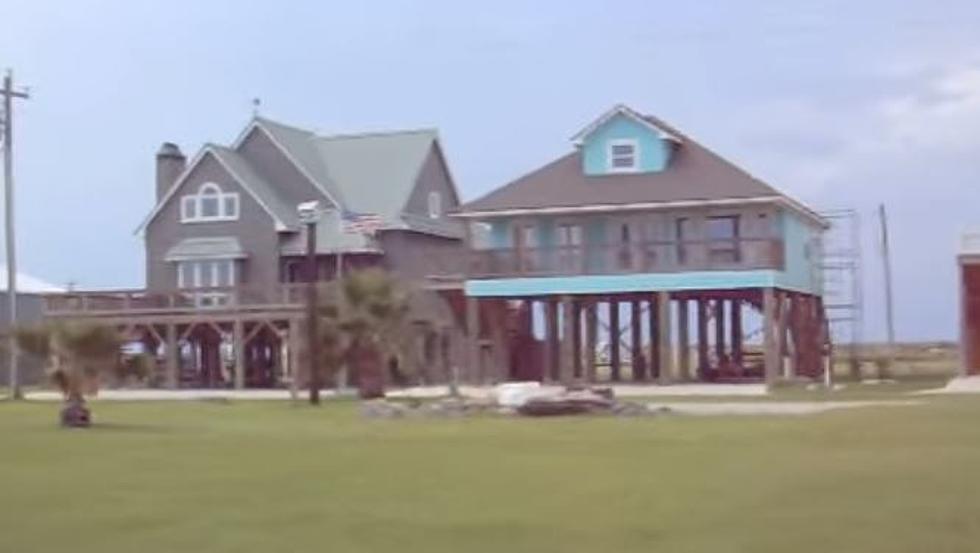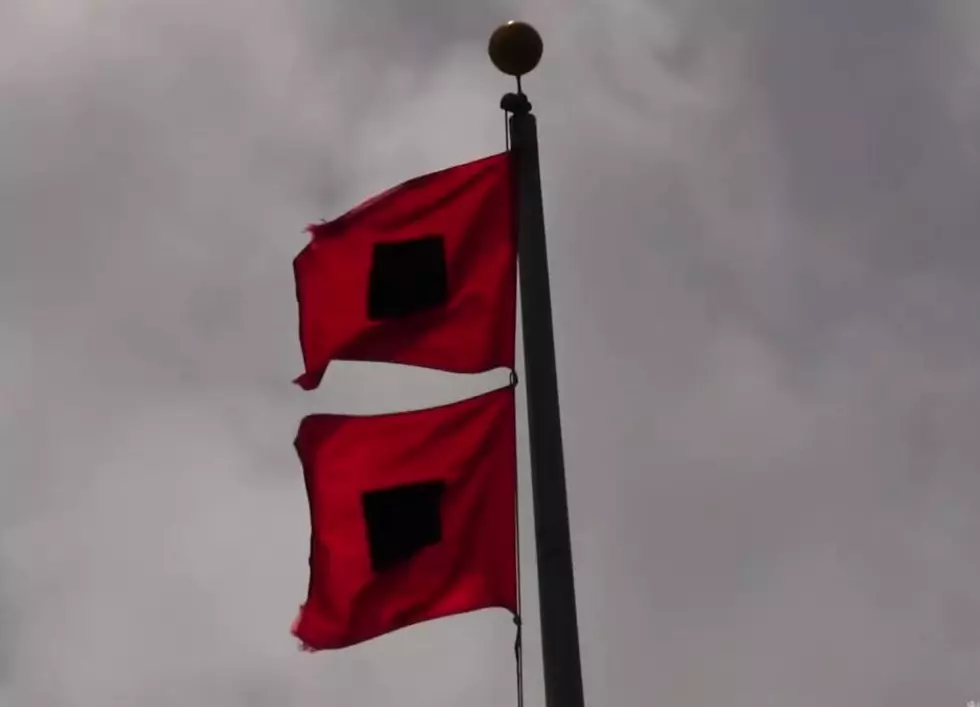
NOAA Forecasters Say More Severe Rain Events Likely for Louisiana
For a place that doesn't drain well, this is certainly unwelcomed news. The National Oceanic and Atmospheric Administration have released an update to their Atlas 14 frequency rainfall forecast and the suggestions made in that forecast could and should serve as a warning to local governments in South Louisiana.
What is that NOAA Warning for Louisiana?
It's basically this. If you live in an area with drainage issues you need to get those issues handled. Especially if you live in an area that is subject to flash flooding or high water that rises very quickly.
The projections from the updated NOAA forecast suggest that Louisiana is in line to experience more severe rain events over the next few years. Just for clarity's sake, the updated guidance from NOAA doesn't suggest the area will receive more annual rainfall. This forecast suggests that when rain does fall it will fall harder and faster than we might normally experience.
What's the Basis for this new Weather Guidance?
Like most things in meteorology, history plays a large part. After all our climate and atmosphere doesn't change that drastically overnight, at least on a long-term basis. So forecasters have gone back over the past ten years and highlight severe rain events and noted their frequency.
What they have found is there appears to be an uptick in the number of heavy downpours and deluges that quite often inundate Louisiana communities. One of the biggest factors that contributed to the new forecast's way of thinking was the heavy rain events almost all of Louisiana experienced in 2016.
You are probably well aware of the damage that was done in South Louisiana in August of 2016 but earlier in the year much of northern Louisiana was inundated with heavy rains during the spring. So, we all got a good soaking in 2016.
What Does the Updated Atlas 14 Forecast Tell Us?
The data the forecasters use could help determine the most likely areas of the state to be affected by these heavy downpours. Naturally, that information will be shared with local governments who can use the information to make better choices in optimizing drainage in the state.
Insurors will also utilize the data from the Atlas 14 forecast to determine potential flood zones and to help determine the costs of flood insurance for residents in a particular area.
Does This Mean We Can Expect Flooding Rains Every Year?
Well, yes and no. You should always be prepared for high water events if you live in Louisiana. It's just a natural part of living where we live. In most cases it is not the total amount of precipitation that falls, it's more about how much falls over a particular time.
That's what this forecast looks at. The propensity of large storms dumping large amounts of rain over a short period of time. When that happens, for example in the Lafayette area, that's where we see street flooding on Ambassador Caffery and other major thoroughfares.
What Can We Do About It?
Other than move to a piece of higher ground, not much. You can always keep a supply of sandbags at your house, just in case you need to secure an entryway. You can also make sure that your home is adequately insured against disasters such as floods. Quite often your homeowner's insurance will not cover flood damage. So, double-check with your agent and just know it takes a little while for your flood insurance coverage to begin.
While you handle that, let's contemplate some of our more popular drives without the water, want to?
10 Must-Drive Roads in Acadiana
More From Hot 107.9









